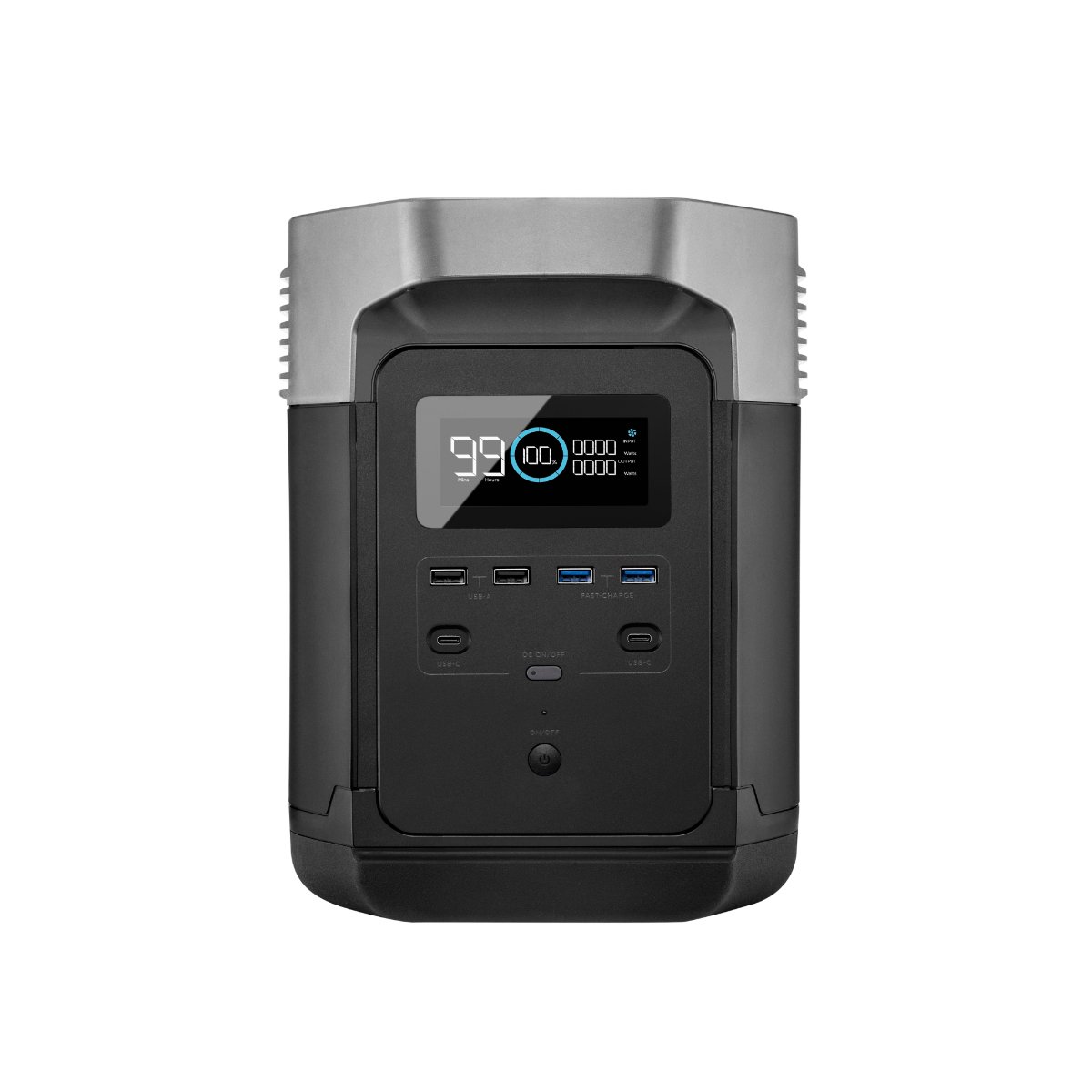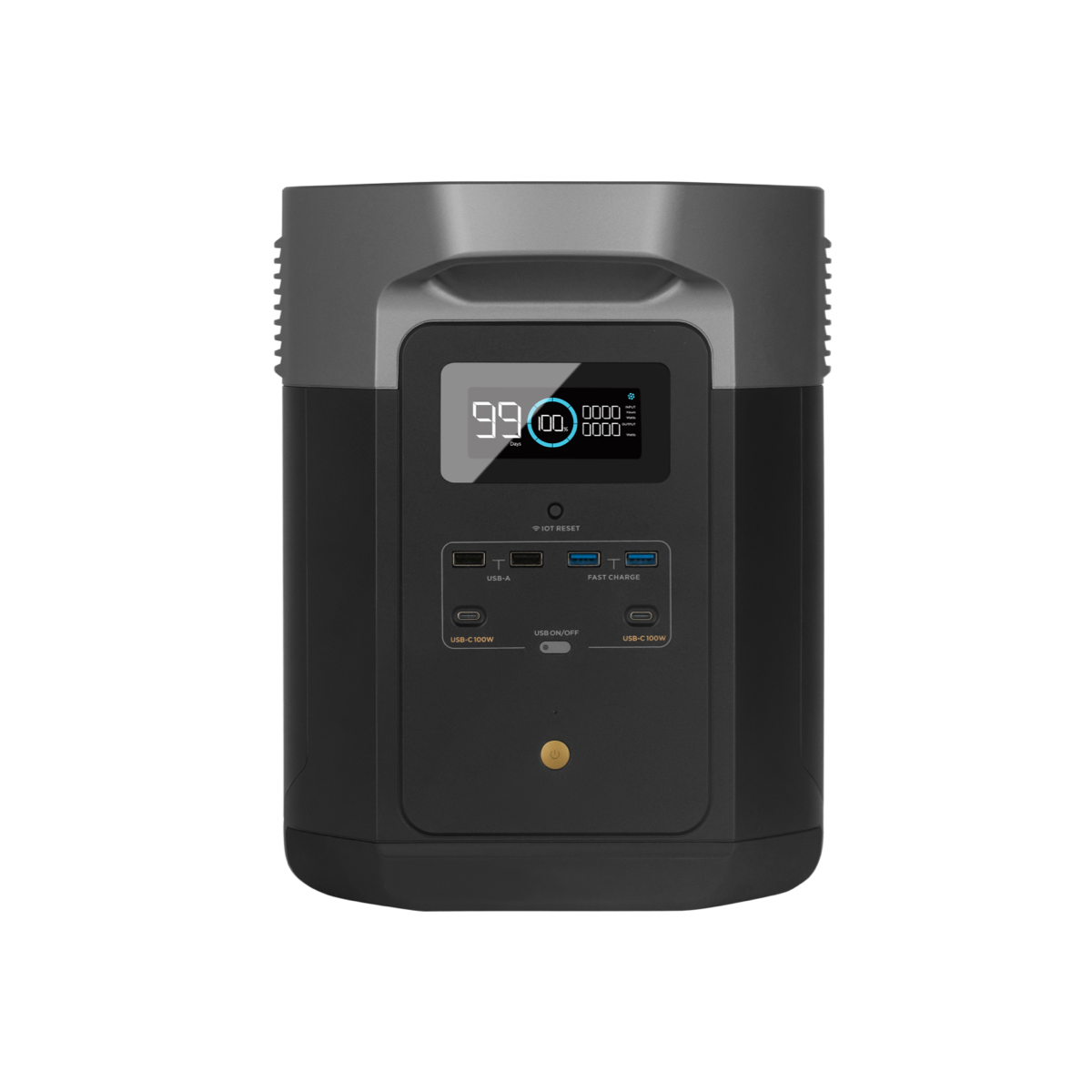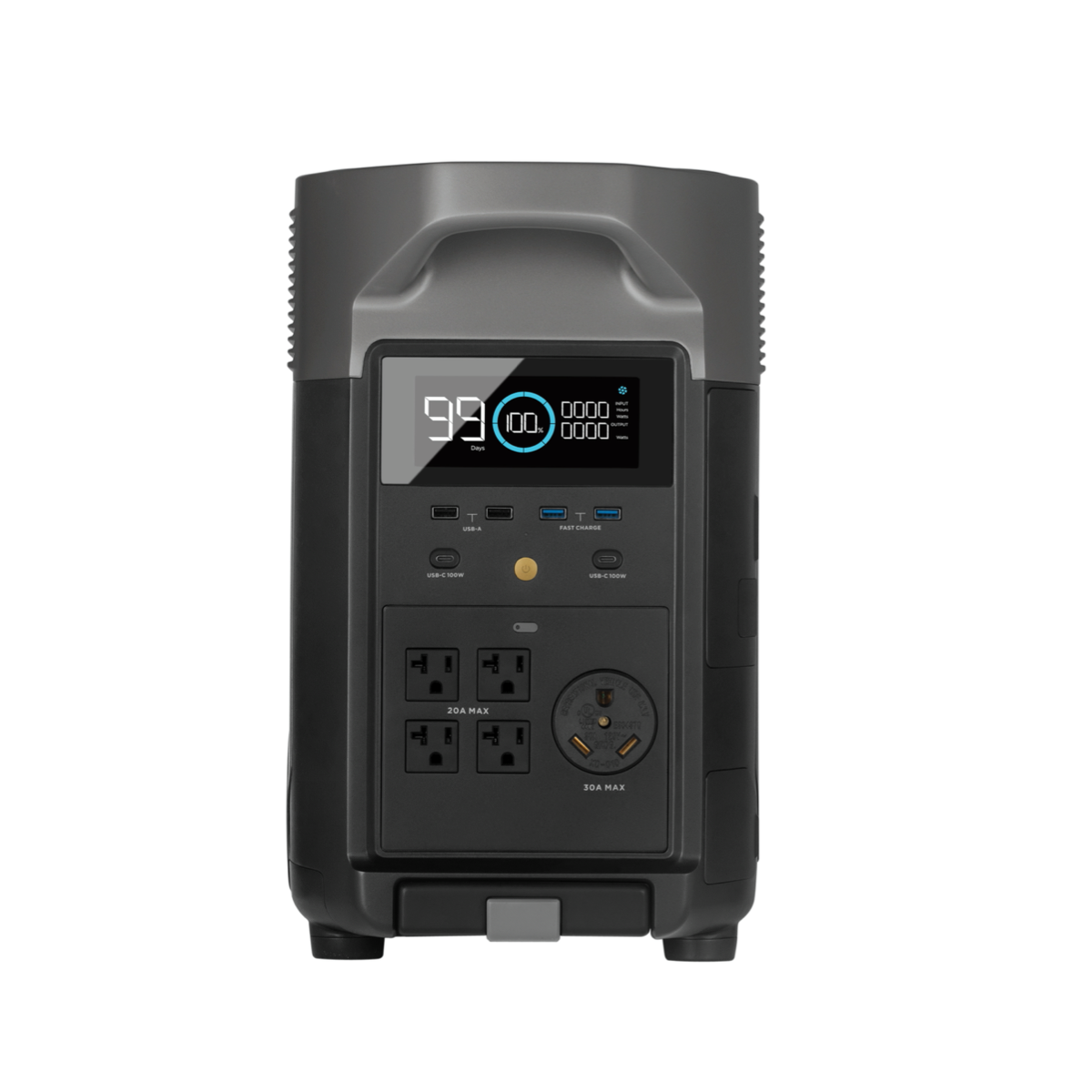As the world continues to shift towards renewable energy sources, solar power has emerged as one of the most promising options. However, one of the biggest challenges of solar energy is its intermittent nature. The sun doesn’t always shine, and when it does, the energy produced needs to be used immediately or it is lost. This has led many people to ask the question: can solar energy be stored? The good news is that the answer is yes. In recent years, significant advancements have been made in solar energy storage technology, allowing us to store excess solar power for use when the sun isn’t shining. From batteries to thermal storage systems, there are now multiple options available for storing solar energy. In this article, we’ll explore some of the most promising solar energy storage solutions and their potential to revolutionize the way we power our homes and businesses.
It’s Not Constantly Produced
One of the most significant downsides of solar power is that it can’t be produced all the time. Since peak power hours, and therefore the most expensive, tend to be when the strength of the sun is beginning to wane, it would make sense to be able to store solar energy for when it’s most needed.
Lowering Power Bills
Solar power can offset energy bills during peak hours. Every energy provider increases their energy costs, usually in the evening between 4-9. Of course, this is when you’re cooking a meal, throwing in a load of laundry, and the kids are watching TV—the perfect time to harness stored solar energy instead of using expensive grid power.

Reducing Carbon Footprint
Using solar storage can help reduce your carbon footprint. Using a portable power station as storage, for example, can be used in any room in the house or taken on camping trips to power your essential (and, honestly, non-essential) appliances.
Power Resilience
Power outages can happen almost anywhere, and solar batteries can help bridge the gap when the grid goes down. Storing solar energy can protect us from the adverse effects of blackouts by allowing us to decentralize our power.
Do solar panels store energy?
Solar panels don’t store energy. They simply collect the sun’s rays, which then get turned into electricity using an inverter. Without any solar storage, the excess power just goes back into the grid, which means in the event of a power outage during the night, a photovoltaic solar system is little help.
How is solar energy stored?
Solar Batteries
There are several ways to store solar energy, depending on the amount and industry. Solar batteries are the most common way to keep solar domestically. They’re affordable, resilient, and an excellent way of decentralizing power.

EcoFlow DELTA
| Capacity 1260Wh |
| Expandability Up to 2520Wh |
| Output 1800W |

EcoFlow DELTA 2
| Capacity 1260Wh |
| Expandability Up to 3040Wh |
| Output 2200W |

EcoFlow DELTA Max
| Capacity 2016Wh |
| Expandability Up to 6048Wh |
| Output 3400W |

EcoFlow DELTA Pro
| Capacity 3600Wh |
| Expandability Up to 25kWh |
| Output 3600W |
Thermal Storage
Thermal energy requires various mediums, such as molten salt or water, to absorb the heat. It’s then stored in an insulated tank until the energy is needed.
Mechanical Energy Storage
Mechanical solar energy storage uses potential energy to generate electricity on a commercial level. This can be done in three main ways: flywheel, pumped hydro, and compressed air. For example, with pumped hydro storage, water is first pumped uphill and stored in a reservoir. To generate electricity, the water is released downwards through a turbine.
How do solar batteries work?
Put simply, solar batteries work through a series of chemical reactions that store solar energy captured using solar panels and then release energy as electricity.
The solar panels convert sunlight into DC electricity, which then passes through a charge controller and is stored in the battery. The charge controller regulates the flow of electricity from the solar panels to the battery, ensuring that the battery doesn’t become overcharged or undercharged.

Types of solar batteries
The batteries used in solar energy systems are typically made of lithium-ion, lead-acid, or flow chemistry.
LiFePO4
Lithium-ion batteries, known as LFP, are the most popular choice due to their high energy density, long life, and low maintenance requirements. One of the biggest advantages of LFP batteries is their high energy density. They can store more energy per unit volume or weight than other types of batteries. This means that LFP batteries can provide more power for longer periods of time, making them ideal for use in electric vehicles and other high-power applications.
Another key advantage of LFP batteries is their long cycle life. They can withstand thousands of charge and discharge cycles without losing their capacity, which means they can last for many years. This makes them a cost-effective option for applications that require a long-lasting power source.
Lead-Acid
Lead-acid batteries are a more affordable but have a shorter lifespan and require more maintenance. One of the key advantages of lead-acid batteries is their low cost. They are relatively inexpensive to manufacture and are widely available. They also have a decent lifespan, with many batteries lasting for several years before needing to be replaced. Lead-acid batteries, however, tend to be heavy and bulky, which can make them difficult to transport and install. They also require regular maintenance to ensure they are functioning properly and are not very environmentally friendly, as they contain toxic lead and sulfuric acid, which can harm the environment if not properly disposed of.
Flow Chemistry
Flow chemistry batteries are still in the experimental phase and are not yet widely used. They utilize the principles of flow chemistry, where reactions take place in a continuous flow, to create a more efficient and reliable battery. They offer a more efficient, reliable, and cost-effective alternative to traditional batteries, and have the potential to revolutionize the way we think about energy storage.
Solar backup power for home
Having solar panels producing electricity for your home is a real selling point. You’re not only saving money but reducing your carbon footprint, too. But, without solar batteries to collect the energy, you still rely on the grid at night or on cloudy days. Portable solar batteries can act as a solar panel backup to store energy for your home. They’re also great for on-the-go, camping, RV-ing, or even electric vehicle charging. EcoFlow LFP batteries can be used daily for at least 10 years and come in a range of capacities and output power to fit a whole host of energy needs.
Solar Generators
Solar Panels and Portable Power Station in One

EcoFlow RIVER 2 Max
& 160W Solar Panel
| Capacity 512Wh |
| Output 500W |
| Solar Input 220W |

EcoFlow DELTA 2
& 220W Solar Panel
| Capacity 1024Wh |
| Output 1800W |
| Solar Input 500W |

EcoFlow DELTA Pro
& 2x 400W Solar Panels
| Capacity 3600Wh |
| Output 3600W |
| Solar Input 1600W |
Check out our full range of battery backup solutions for your home.
FAQ
This will depend on several factors: what you’re powering, the size of the battery, and the age of the battery. If you’re running a full-size fridge using a 1kWh battery, this will drain it pretty quickly. However, if you’re only powering lights or charging smartphones, a 1kWh battery may last a day or more.
Read more:
– https://blog.ecoflow.com/us/how-long-does-home-backup-battery-last/
– https://blog.ecoflow.com/us/how-long-can-battery-powered-generator-last/
It depends on the battery type, how well it’s maintained, and how often it’s used. LFP batteries are capable of storing energy for at least 10 years.
It depends on the situation. If you’re using solar energy to power your home without much or any assistance from the grid, you may need several solar batteries. However, if your solar battery storage is only for short-term home backup, camping, or recreation, one battery will probably suffice.
Read more:
– https://blog.ecoflow.com/us/what-size-backup-generator-to-power-home/
For the most part, it depends on the battery capacity and chemistry.
You can pick up a small solar battery for around $200, and this will do perfectly for using outdoors or preparing for blackouts. However, for whole-home backup or to become completely energy independent, you could be looking at around $25000 batteries and inverters that fit your needs.

